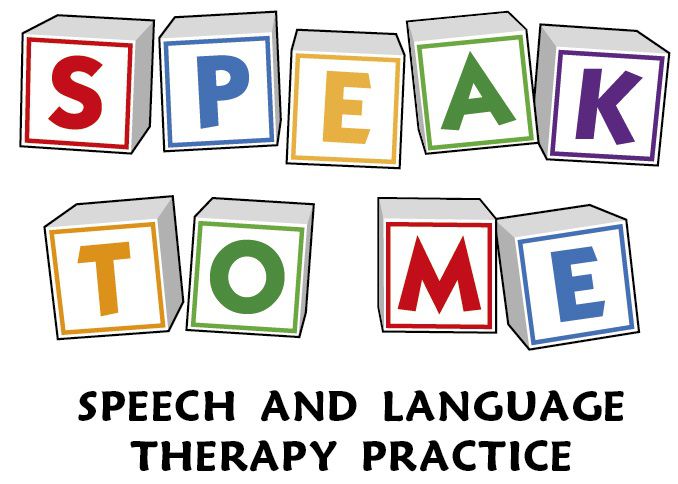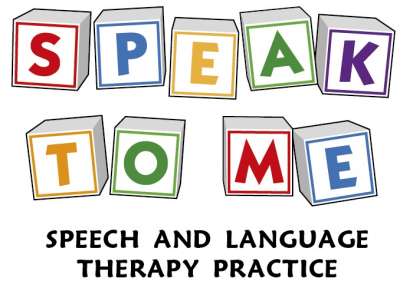How Do I Talk To My Baby
- 11 November 2018
- Rosie Dwyer
 How Do I Talk To My Baby?
How Do I Talk To My Baby?
So you have this wonderful, precious baby who is joined to your hip day and night and sometimes may be the majority of your human company. So how do I talk to this bub? I feel a bit funny talking away and they probably don’t even understand anything anyway, so why bother? This is a completely normal thought as let’s be honest talking to a baby is rather one-sided and may feel a bit awkward. The purpose of this blog is to let you know that it is really important to communicate with your baby early on and I will give you some ideas on how you can do that.
Babies are wonderful communicators from such a young age and we know that the building blocks for language start developing in the early days of your babies life. Babies understand language long before they can use it, and develop pretty amazing non-verbal communication to let us know what they want and need. At around twelve months babies start using some consistent words and this is when you will be rewarded for all your chatter. It’s the coolest feeling in the world hearing your baby’s first words and to start to be able to communicate verbally with your bubba. Here’s what you can do to help develop your baby’s communication…
Pretend to be a sports commentator:
Comment all day long. You can comment on the things you are doing, as well as the things you can see.
“Bath-time! Bubba splash. It’s wet. Duck wet. Duck splash.”
“Morning tea! Yummy. Banana, apple, cheese, crackers! Bubba eat. More?”
“Look a bird. Black bird. Birdy fly. Bye bye birdie.”
“Mummy’s car. Blue car. Hop in. Lets go. Go park.”
Sing to your baby:
Baby’s love singing and nursery rhymes. Choose any songs that you feel comfortable singing (it doesn’t have to be a kids song) and sing away. Nursery rhymes are great as they have a lovely rhythm to them and you can often incorporate gestures/actions to go with them, which makes them even more engaging. Lots of children’s songs and nursery rhymes have books you can read while singing to your baby. Maori language songs are fun too! If you just hate singing and feel too self-conscious try downloading some kid songs onto your phone or getting some kid CDs out of your local library.
Read to your baby:
You can read to a really small baby. By ‘read’ I mean use a book with them and look at the pictures. You don’t have to read the story that is written. Some kids find it boring when their parents read the actual words of the book, and some just love it. See what your child prefers. If your not going to read your book, just point and name some things you and your child can see. Encourage your child to point and name too – if they are old enough. Follow your child’s lead, let them choose the book, turn the page and focus on the pictures they find most enjoyable.
Get close to your baby:
Small babies can only see a short distance, so when you’re talking to your baby cuddle them close. That way it’s much easier for them to see and hear you.
Give pauses:
Once you’ve mastered the art of chatting away to your baby, it’s time to start thinking about pauses. This gives your baby time to respond to you and your communication. They may respond with a smile, a coo, a babble, a laugh, which are all the building blocks of early communication. By using these pauses you are teaching your baby how to have a conversation.
Imitate your baby’s chatter:
Copy the noises and sounds your baby makes. By imitating your baby’s sounds, you are giving their verbal communication meaning and teaching them the early skills of conversation. This also helps to develop your baby’s imitation skills, which is a stepping stone to speech.
Be silly with your baby:
Just like with your baby’s sounds, you can imitate their facial expressions. Pulling funny faces at your baby is not only hugely entertaining for bubs, it also helps to develop their imitation skills. Baby’s love sticking out their tongues at you and learning how to blow raspberries. Non-verbal imitation is really important in small babies, as once again this is one of the first steps in learning how to have a conversation.
Some of the above may come completely natural to you or you may be the type of parent who needs to consciously remind themselves to include these activities in your daily routine. It doesn’t really matter as long as that beautiful baby is hearing your chatter, and trying to chatter to you (non-verbally or verbally). Just do your best and if you have any concerns with how your baby’s communication is developing, ask a professional. Flick us an email if you like. We are always happy to chat about your baby’s communication.
I hope you have great chats with your baby!
Rosie
